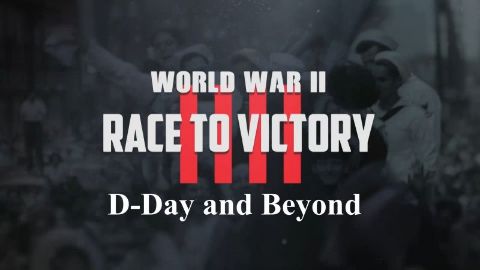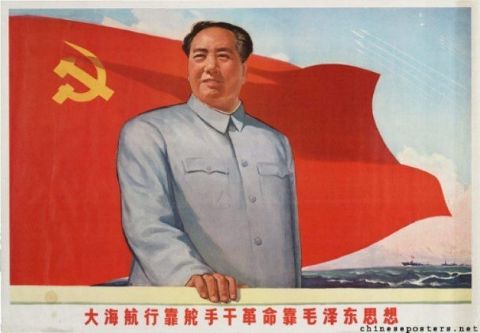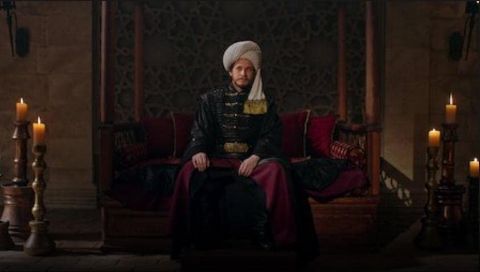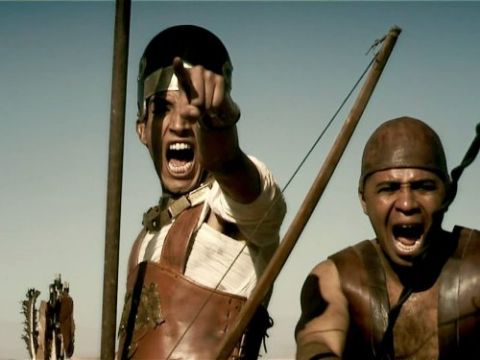Part 2: Land and Liberty (1907-1921) • 2016 • episode "S1E2" • No Gods, No Masters: A History of Anarchism
At the start of the 20th century, everything seemed to be plain sailing in the best possible of libertarian worlds, because anarchism had rid itself of its former demons. And thanks to the major waves of migration that carried the movement to the remotest areas of the world, it was able to rally a major part of the peasantry around to its cause. But to ensure their ideal triumphed, before the imminence of a world conflict, libertarians could no longer afford merely to indulge in wishful thinking and think up generous practices. They must take up arms and go on the offensive once again. And so, from the two shores of Mexico to the vast steppes of the Ukraine, in an era full of sound and fury, Nestor Makhno and the Flores Magon brothers found themselves at the forefront of the first major revolutions of the 20th century as they tried, once and for all, to change the world.
Make a donation
Buy a brother a hot coffee? Or a cold beer?
Hope you're finding these documentaries fascinating and eye-opening. It's just me, working hard behind the scenes to bring you this enriching content.
Running and maintaining a website like this takes time and resources. That's why I'm reaching out to you. If you appreciate what I do and would like to support my efforts, would you consider "buying me a coffee"?
Donation addresses
BTC: bc1q8ldskxh4x9qnddhcrgcun8rtvddeldm2a07r2v
ETH: 0x5CCAAA1afc5c5D814129d99277dDb5A979672116
With your donation through , you can show your appreciation and help me keep this project going. Every contribution, no matter how small, makes a significant impact. It goes directly towards covering server costs.








